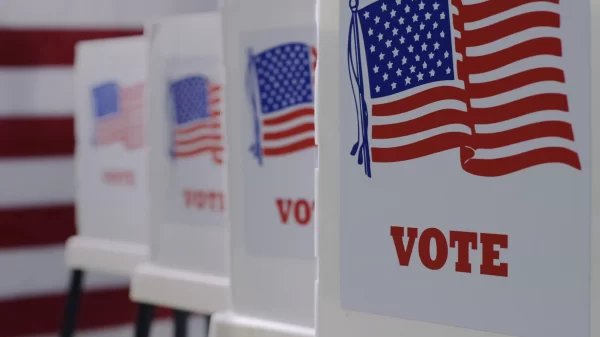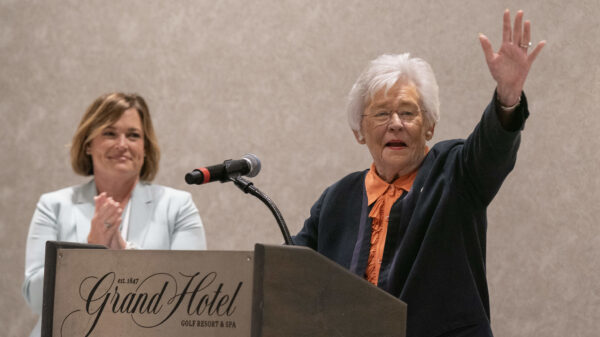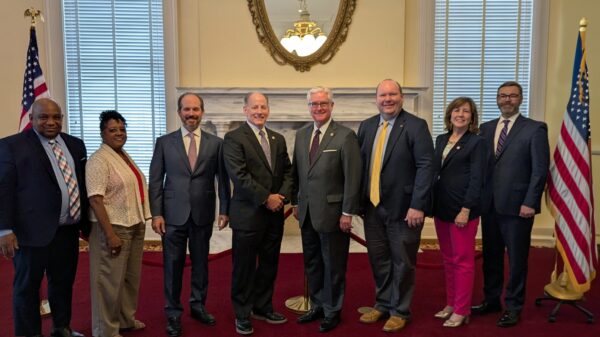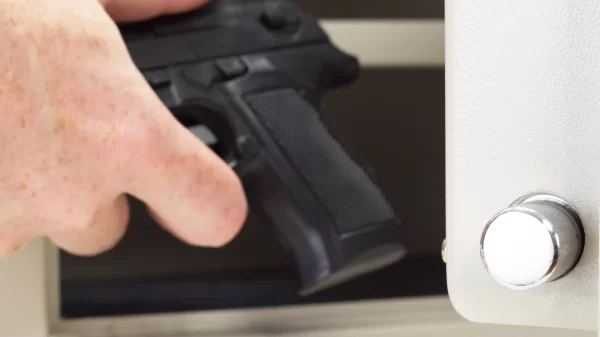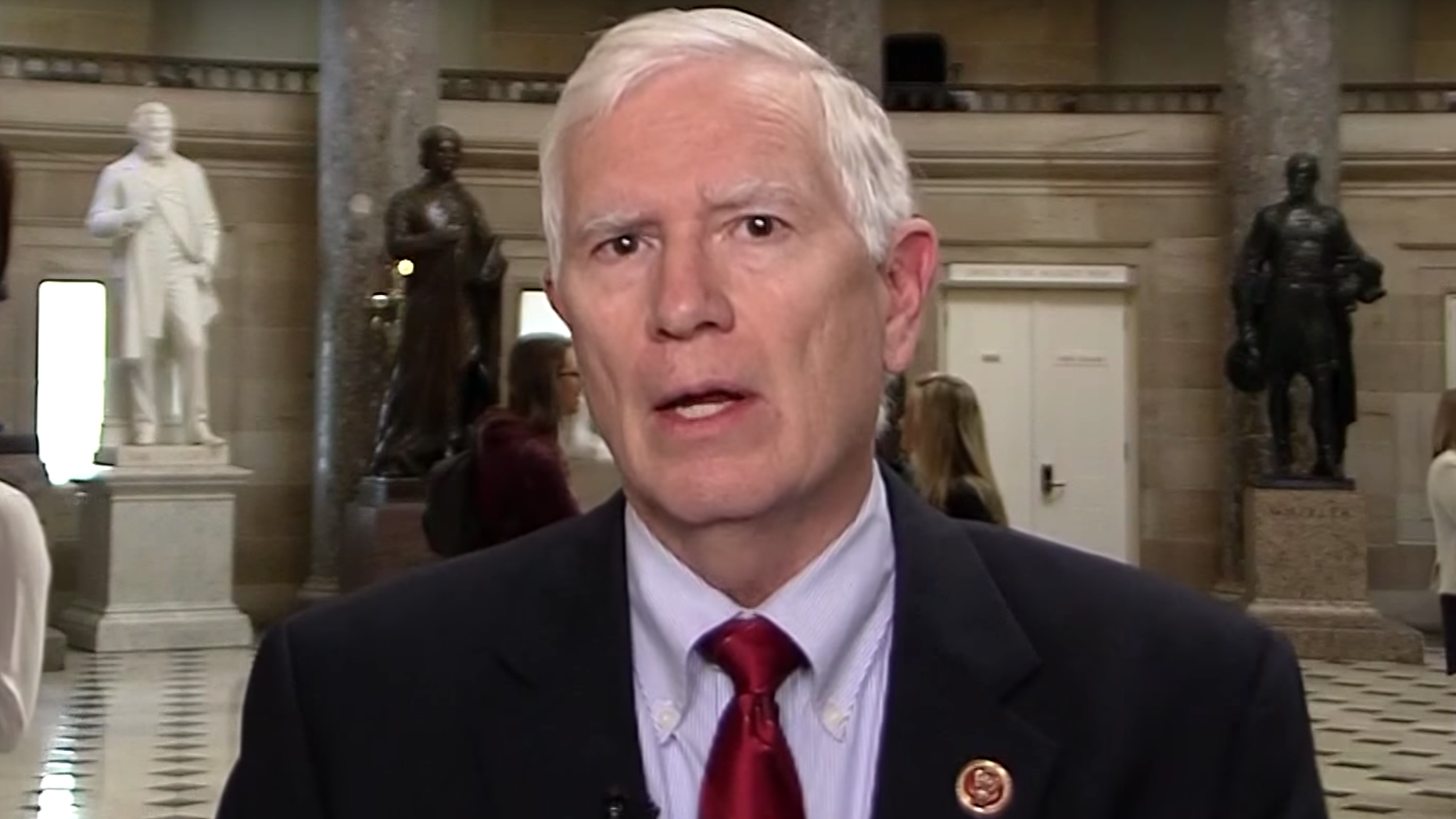Congressman Mo Brooks, R-Huntsville, voted “No” on S. 756, the First Step Act of 2018. Rep. Brooks says that the legislation releases violent criminals from prison early, making Americans less safe and more likely to be victims of violent crimes and drug overdoses.
“The Senate version of the First Step Act is a step backward,” Rep. Brooks said. “My experience in law enforcement taught me early on that strong enforcement of criminal statutes and tough penalties for criminal conduct help keep dangerous criminals off the street. To be clear, I joined 359 of my House colleagues in voting ‘Yes’ on the House version of the First Step Act, which did not include dramatic cuts in criminal penalties and early release provisions for violent criminals. It is only a matter of time before the verdict on this legislation is rendered: more crime, more crime victims, and more dead Americans. To cite but one major flaw, S. 756 as amended CUTS penalties for gun use during the commission of violent crimes. That is nuts! Further, this soft-on-crime bill even provides for early release of offenders who commit sex crimes, assault law enforcement officers, commit hate crimes, and assist with jailbreaks.”
“Many major, national law enforcement groups strongly oppose this bill including but not limited to the National Sheriffs Association, the Major County Sheriffs Association, the Major City Chiefs Association, and the National Association of Police Organizations,” Rep. Brooks continued. “In sum, this bill makes America a more dangerous place to live. According to FBI annual ‘Crime in America’ data, violent crime has fallen sharply over the last quarter decade in America.[3] Why? Because, as every law enforcement officer knows, the greater the penalty for violation of criminal laws, the greater the deterrence and the less the crime. Further, stiff criminal penalties keep violent repeat criminals off the streets and in jail. The Senate-amended First Step Act kicks violent, repeat offenders out of jail much quicker than under current law. Reform efforts should focus on reducing crime and apprehending suspects. This bill does none of that.”
“The bottom line is, at a time when fatal drug overdoses plague our nation, Congress has irresponsibly passed legislation that increases the likelihood that even more fatal drugs will be imported into America by illegal aliens and foreign drug cartels,” Brooks concluded. “Let the record show, I voted against this irresponsible, soft-on-crime, and dangerous legislation.”
The National Sheriffs’ Association and the Major County Sheriffs of America wrote in a letter to Senate leadership: “The current draft of the First Step legislation remains troubling to the leaders of law enforcement. Sheriffs are elected solely to protect our communities, and Police Chiefs have taken an oath to protect the public. We feel unless the changes recommended below are enacted, this legislation creates a high-risk path for dangerous criminals with gun crime histories to early release from prison. This amounts to a social experiment with the safety of our communities and the lives of Sheriffs, deputies and police officers in the balance. Please know that we did not come to this conclusion lightly. We have been working diligently with the Administration to correct these inequities. It is our hope the Senate will listen to the nation’s elected Sheriffs and the Chiefs of Police of our nation’s most populous cities.”
The bill passed with bipartisan support and was signed by President Donald J. Trump (R) into law on Friday.





